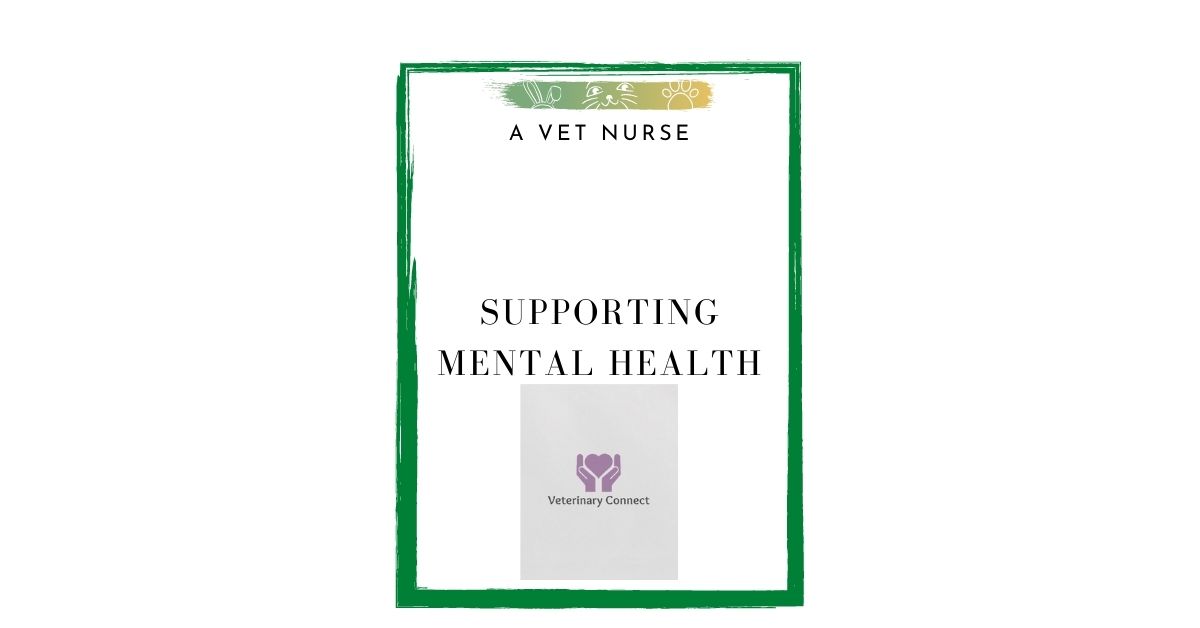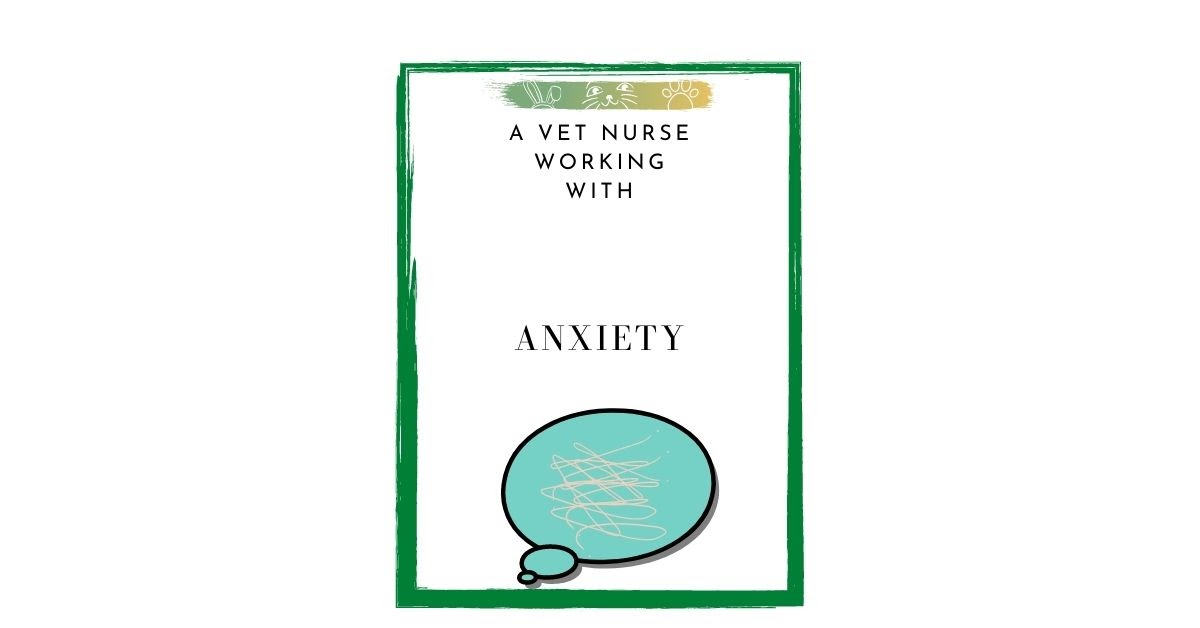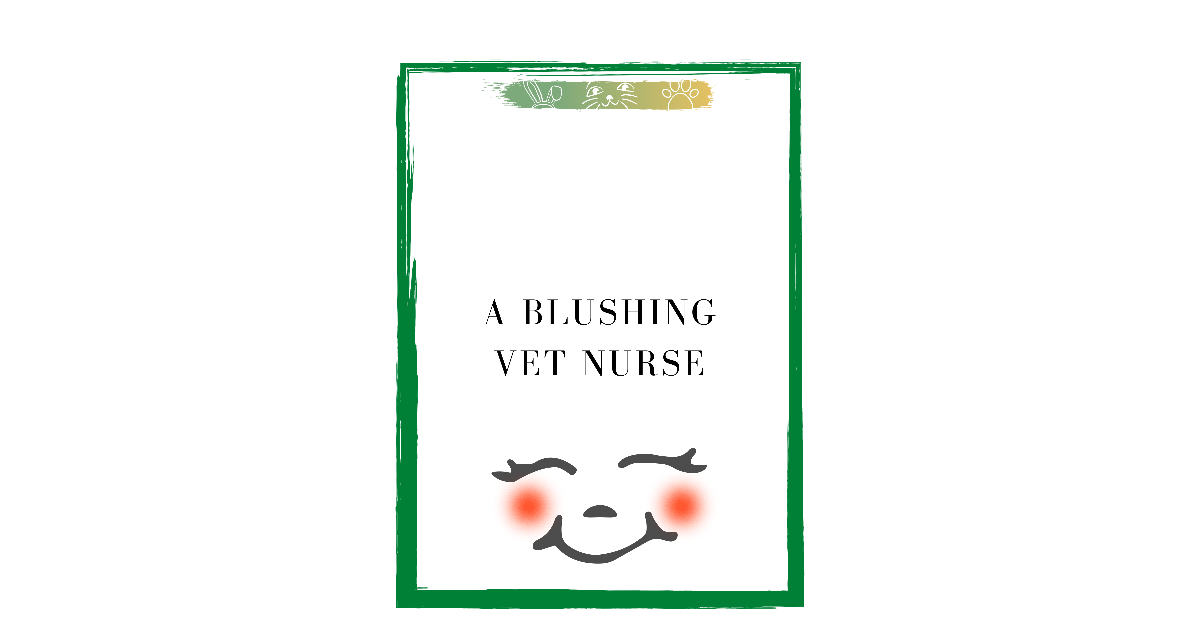Liz graduated from Bristol University in 2005 and worked as a small-animal assistant. She then became a “career-locum” – who liked her clients and did good CPD. She spent six weeks photographing the feet of donkeys in Japan, married a climber and had a couple of babies, walked for weeks on end across the Alps and the Pyrenees and spent two years as a dedicated emergency vet. After a decade or so thus enjoying herself, Liz sustained a brain injury, caused by not eating cake. This has allowed her to spend a lot more time writing. She is working on the obligatory novel, answers agony-aunt-style questions for Vet Help Direct and has a few other projects.
Meet Liz:
I was a really shy kid at fourteen. I used to find it hard to look people in the face. I remember watching the documentary, Vet School, in the 90s. The students in that documentary weren’t shy and quiet like me. People listened to what people like them had to say. And did I mention that I quite like animals? Anyway, it planted a seed.
I took an enormous risk. The choices were as follows: study English language; maybe go on to Oxbridge. Everyone said this route played to my strengths.
Or I could follow the little girl dream I had about being a vet. This one would be more of a gamble. I was at State school; I wasn’t a natural straight-A science student.
The physics teacher nearly dropped his ruler when I suggested taking his A-level course, let alone when I said what grade I needed to get. He said I’d better take English too just so I knew that I’d get enough As. Which I did.
One of the requirements when applying for vet school is to undertake copious animal work experience. This meant I had to speak to strangers and I found this hard. I went to dairy farms, lambing farms, children’s farms – everything.
I wasn’t the sort of kid you’d expect to arrive at an abattoir at six in the morning to watch the pigs and the cows get killed. But I did that too. Thankfully, the staff who were there (almost all men at Doncaster abattoir then, except for the vet) were very supportive.
I spent a week at Scarborough sea-life centre and had to stay at the Youth Hostel on my own (I shared my first kiss with the hostel assistant).
I still maintain that applying to vet school was the biggest risk that I ever took in my life. I had no use for science A-levels otherwise; my life was planned around this application.
I cried when the offer arrived in the post: the relief was enormous. In fact, I’m filling up writing this now. But when I got to Bristol, I became a disappointingly average student. Perhaps even under average; the imposter syndrome was crippling.
I became more gregarious than I’d ever been with people my age. But the only place I truly felt at home was the University walking club.
I passed my exams on resits and left my first veterinary job because everyone there thought I was useless. Luckily, after that, I found a place near home with lovely people who helped me to grow. I had kids and became an in-demand locum who could choose my own hours; one of those locums who did vast amounts of CPD and still loved the job.
But then I got diabetes.
A couple of years qualified, I suddenly noticed that I was drinking and peeing too much. I dip-stuck my urine and nearly fell over in shock.
I worked with Type One diabetes for almost ten years, but then one day I was at a friend’s party down South and I got my insulin wrong. Hell, I was always getting my insulin wrong because as a locum with kids, I had no routine. But this time I mucked it up badly.
I woke up in hospital with no idea why I was there. They kept explaining but ten minutes later, I still didn’t know why I was there. I’d lost my short-term memory; it was absolutely terrifying.
It was easier to believe they were drugging me, that I’d been kidnapped and this wasn’t even a hospital. At least, it made sense to get outside and make sure. I repeated this behaviour because I kept forgetting. The security guy at the door got to learn my name in no time.
Remember fourteen-year-old Liz who took a risk and the risk paid off? I went back into that high-aiming mindset for a while; signed up to help at a vet (at the time, I just couldn’t remember enough or keep my mouth shut – it was messy); helped at the kids’ school (I kept getting confused and crying); helping at a playgroup (they always said thank-you, but I didn’t think I was helping).
Then lockdown came and I was not only forgetful but lonely as well. Irrelevant. With no job to do, I had to stay home. I’d been working towards something for all of my life, and suddenly I just….. wasn’t.
It occurred to me the other day that having gotten through vet school and the early years, I thought I’d done my hard work in life; that vet school would be my single experience of going outside my comfort zone.
Indeed, some people’s careers are like that, but to keep growing you have to keep moving. Whenever things go stale or feel wrong, then we need to adapt and change.
It’s taken a long time to tame my memory, but I can almost successfully pretend that it’s normal, in my routine life – and know how to employ support, should I need them at other times.
I’ve been doing much more writing. Writing, of course, is all written down. It’s infinitely harder to forget what you’ve already said.
I write articles about people who’ve gotten through hard times; it is quite therapeutic. My first website, People with Grit will feature anyone gritty with a story.
One of my first People with Grit interviewees was the ingenious Libby Khemkaran-Thomlinson, who spoke at the BSAVA Congress this year.
Libby’s skill is in helping people to believe in themselves.
To be the being they need to be, to do the doing that they need to do and to have the having they want to have.
Libby Khemkaran-Thomlinson
I took one of Libby’s courses – do so if you ever have the chance. She has helped me to understand something huge; that success is all about confidence.
Confidence is the art of putting yourself forward for things without fear of rejection; for example, speaking to the teenager sitting next to you on the bus, even though they might look away or snigger. Confidence is the art of not scuttling away in shame if they do that because their behaviour is not your fault. Rather, confidence involves working out how to address that teenager differently, the next time you want their attention.
Confidence is the act of trying to get things that you really want. Confidence is what makes people apply to college or vet school in the first place. Confidence keeps students on the road to being vets; and makes vets and nurses start working towards certificates. Confidence is the skill that this shy fourteen-year had to learn, twenty-six years ago at the start of this article.
And do you know what? Confidence – putting your authentic self out there – doesn’t get easier. It’s a skill that you have to practice.
For example, I want to write more in my life and I want to be read. Practising confidence will help me do that; practising confidence and talking about my writing means that Sophie, who runs this blog, asked me to write something and so here I am, putting my authentic self out there and writing about confidence for you today.
I have worked out what I want from my life at the moment: I want to be a writer again. To write things that people want to read; things that help people and things that entertain them. What is most difficult about writing is that there’s lots of competition – first getting your name and words out there. It feels exactly like applying for vet school.
There will be many times, I know when people say ‘no’ to perfectly good work. Confidence is how I will choose to deal with it. Confidence is being prepared to write with your heart and risk failing. But I believe I can do it and am ready to start trying again.
People with Grit (also accessible by its FB page) features self-selecting people from all walks of life who have – you guessed it – shown grit.
My personal blog about my kids, diabetes and family life has been running quietly for over a decade now and is well worth a read.
For the Veterinary Times, I am looking for members of the veterinary community who are happy to talk (anonymously or otherwise) about having made a mistake.
You can e-mail me about these or any other projects at:
Further posts…
A Vet Nurse Supporting with Workplace Mental Health Issues
Shaan has been a veterinary nurse for twenty years, working in many different areas including general practice, specialist surgery, emergency and critical care and management. She has also taught veterinary nursing and animal studies to students at technical college.…
A Vet Nurse Working with Anxiety
Lauren graduated from university in 2016 and has since been working at small animal practices in the North West. She is passionate about all aspects of nursing, particularly animal welfare, feline and exotic nursing and nurse consulting. Meet Lauren:…
A Blushing Vet Nurse
Blushing is the most peculiar and most human of all expressions Charles Darwin Meet Sophie: This will be by far the most stripped-back story I will personally publish on this blog. And to be fair, the most in-depth account…




Reblogged this on My Body, My Own and commented:
Reblog from the site of the wonderful Sophie, a veterinary nurse
LikeLiked by 1 person